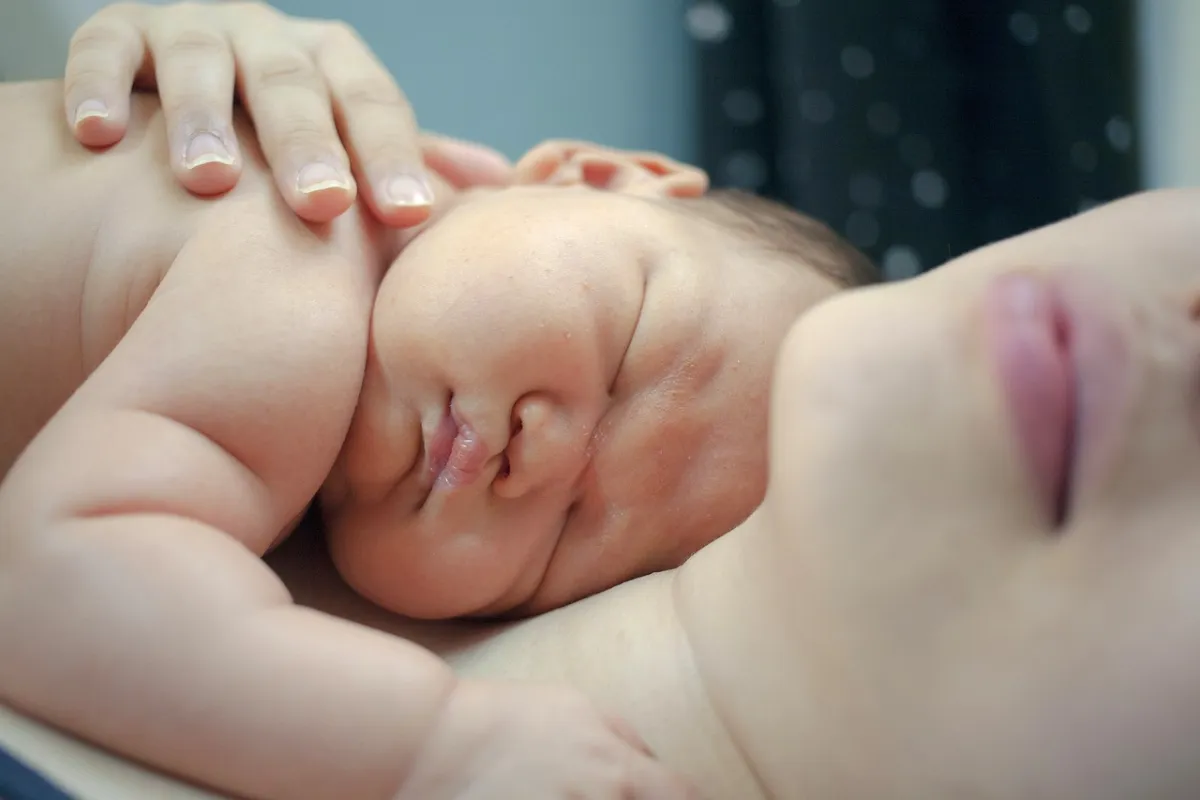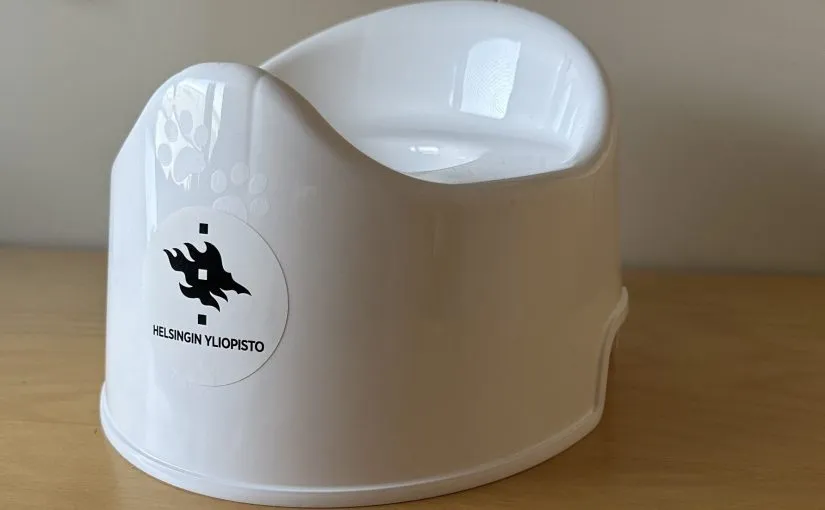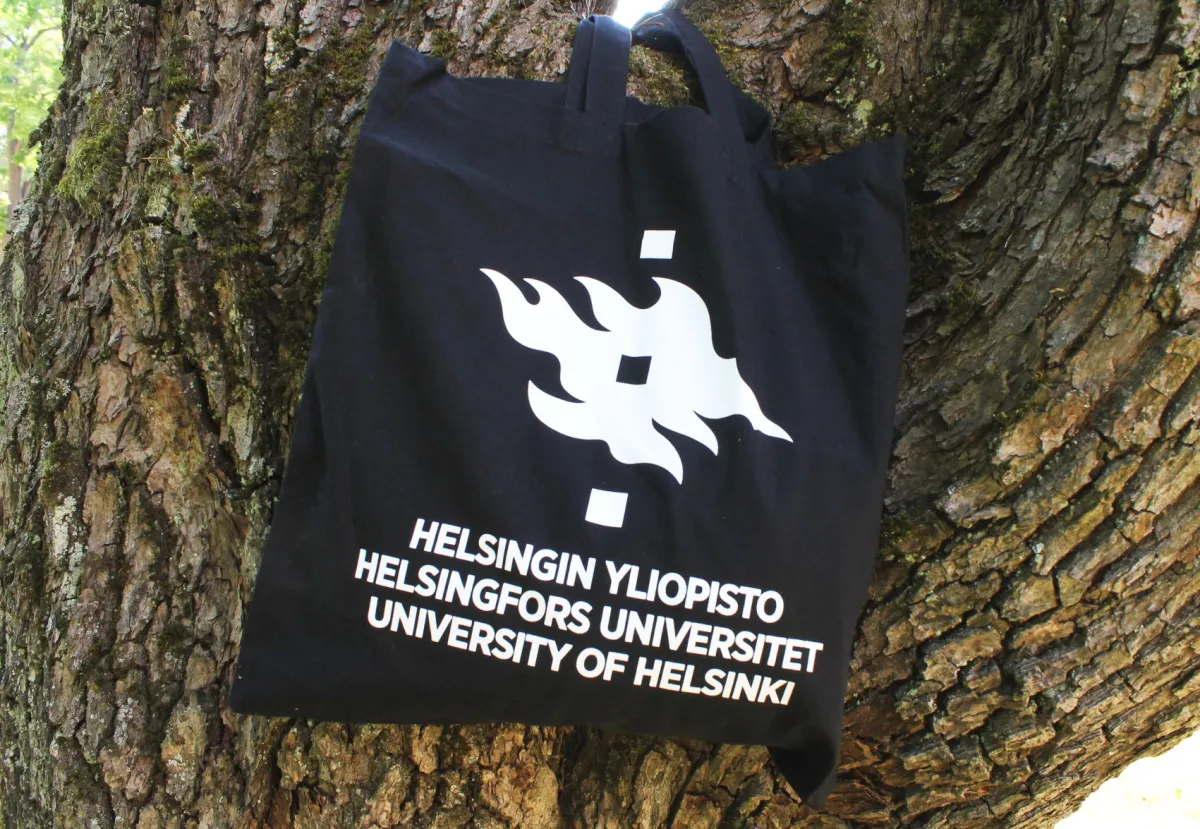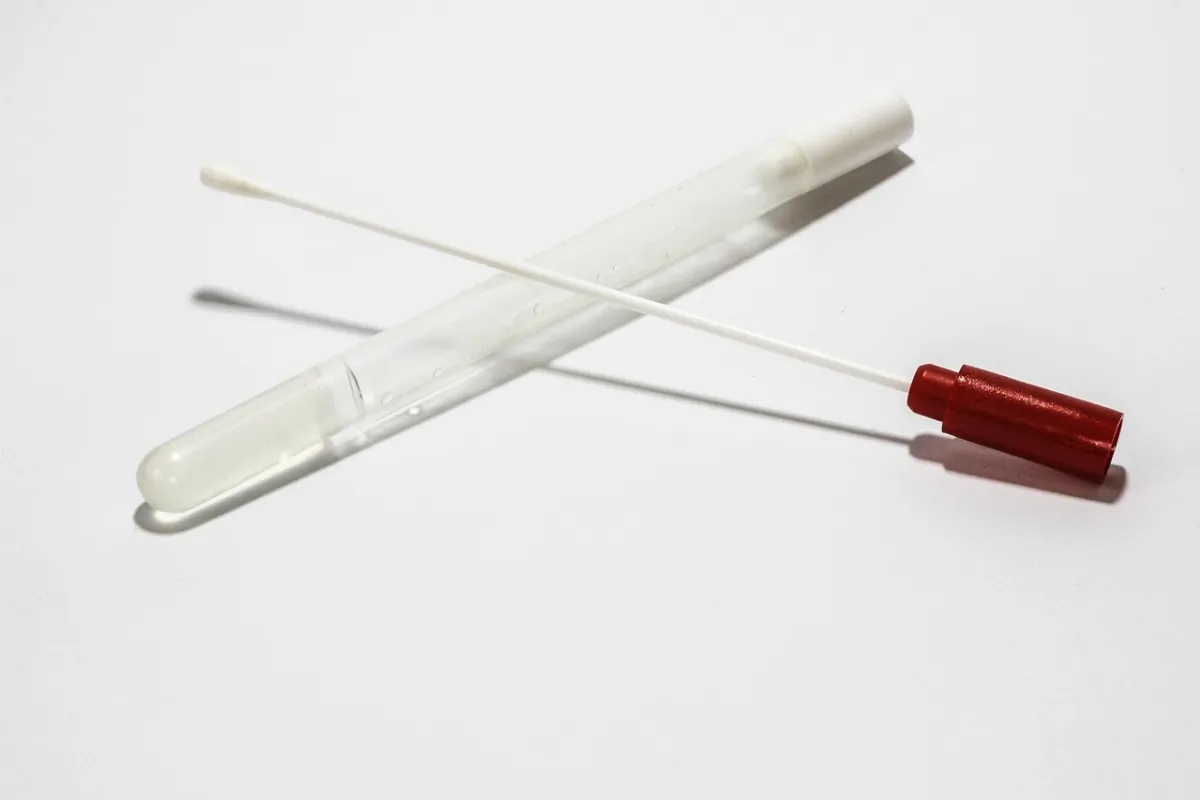Research
Our primary research interest is infant gut microbiota, as this is an important window of opportunity for improving long-term health and preventing disease. In early life, the gut microbiota guides the host’s whole physiological development, including the development of the immune system, nervous system, and metabolism. It is therefore of utmost importance to learn how to support the natural health-promoting gut microbiota development in infants. Many common practices threaten the natural biodiversity of the rich and complex ecosystem within us, especially in early life. Because C-section birth and antibiotics, that disrupt natural the gut microbiota acquisition and development, are often necessary, it is imperative to identify methods to restore the natural biodiversity after such disturbances. To define the most optimal microbiota restoration practices, mechanistic understanding of the functioning of infant gut microbiota and microbiota-host interactions must be established.
Our research combines analytical methods of population and community ecology with traditional microbiology, modern molecular multiomics and state-of-the-art bioinformatics to the study of human gut microbial ecology. We focus mostly on the human gut microbiota, collecting and analysing faecal samples from infants both in observational studies and in clinical trials.
Infant Microbiota Restoration With Maternal Microbes (MaMi)
ClinicalTrials.gov ID: NCT07212361
More details here (in Finnish/Swedish only):
MICROECO
In the MICROECO study we monitor the temporal variation of the gut and oral microbiota in babies and its connections to the baby’s well-being and diet. The aim of the study is to identify the factors influencing fluctuations in gut microbial populations and the interactions between different microbial strains. Based on this information, the study aims to develop a model that explains the changes in the microbial population. This can be used to predict the impact of various factors on a child’s microbiota, develop methods to support its natural development, and tailor personalised dietary recommendations. Additionally, the study investigates the influence of family members' microbes on the development of the baby’s microbiota.
All families from the Helsinki metropolitan area and surrounding regions with children under two years old and who speak Finnish are eligible to participate.
Families collect stool, urine, and oral swab samples from the baby daily for at least one week, and preferably for one month. The family can choose the exact length and timing of the collection period. Individual samples from other family members are collected, if possible, but this is not mandatory. In addition to the sample collection, families are asked to complete a background information form, a short diary, and a food diary electronically.
Participating families will receive a bag and potty with the University of Helsinki logo, along with instructions on teaching the baby to use the potty—a skill that makes everyday life easier, and as the baby grows into a toddler, using the potty becomes routine.
If you are interested in participating in the study, please leave your contact details here



